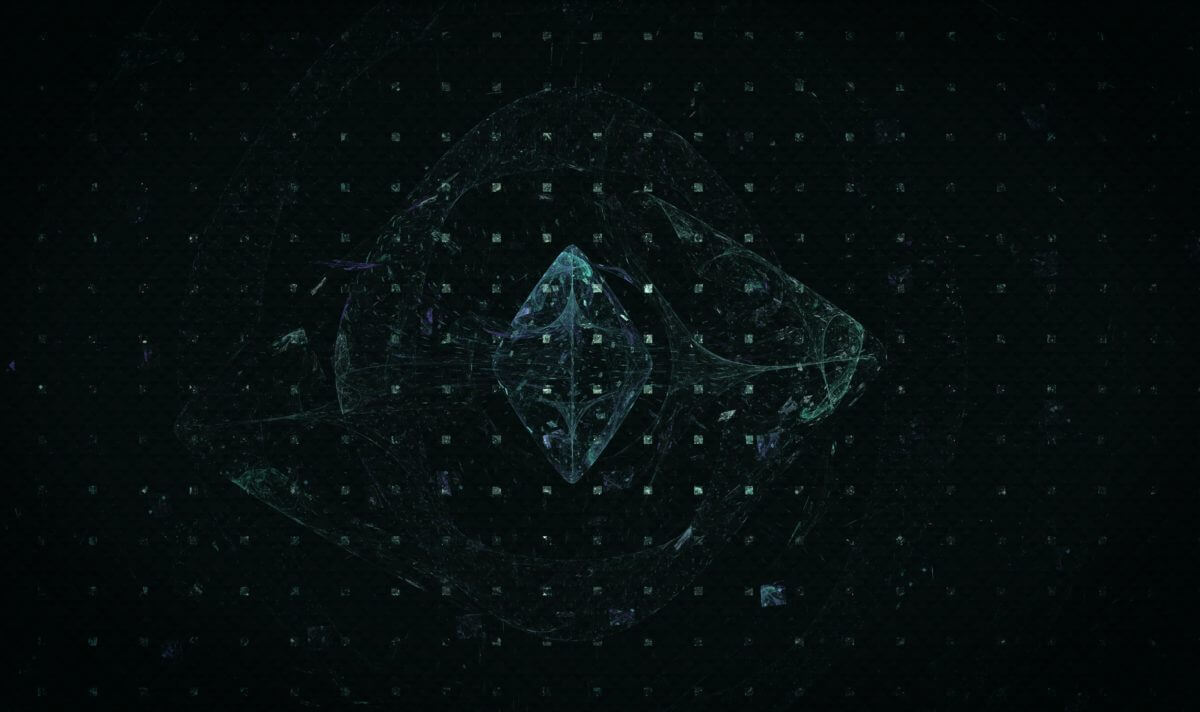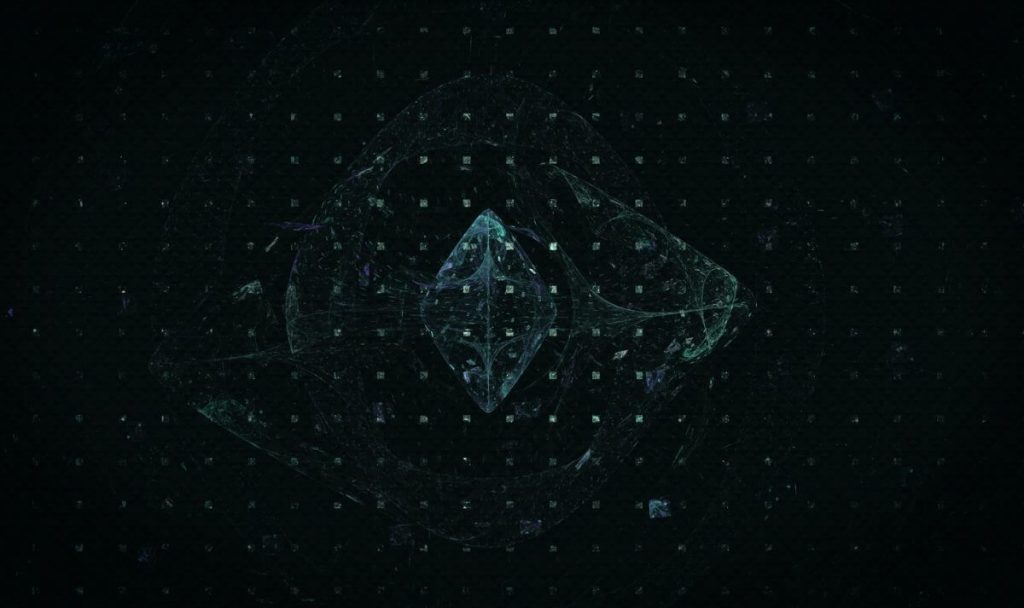
Applications Of Blockchain
The concept of blockchain technology is not new. It is the foundation upon which Bitcoin was created. It is now being utilized by a growing number of businesses and services to reshape the internet. This technique is founded on the idea that every transaction is a block. After various details about it have been verified, gets added to the database. These include elements like the trustworthiness of the people involved, the availability of funds, and the success of the transaction.
Although the blockchain is distributed among computers and networks, the data cannot be replicated or is not easily accessible. To add the “block” to the blockchain, each computer on the network competes to process the transactions and identify the solutions. When a computer has located and processed the necessary data, it broadcasts the solution to the other computers so that it may be checked. If everything is in order, the data is entered into the database.
Blockchain VS Society
Since bitcoin’s success, people all around the world have been exploring additional uses for the blockchain. The technology that underpins bitcoin. Millions of individuals are now interested in blockchain technology. This is a result of the rising popularity of Bitcoin and other cryptocurrencies. Although many people mistakenly believe that the blockchain is only relevant to cryptocurrencies, there is actually a wide range of uses for this technology. This implies that this technology will endure even if the crypto-coin craze fails miserably! Here are a few of the most significant ones as of right now.
Financial exchanges
It makes sense that blockchain would be used in the banking sector. The current system for handling financial transactions is incredibly slow and unstable, but implementing blockchain technology will not only speed up the process but also make it more transparent. This is because the transaction would require a confirmation from every machine connected to the network. A blockchain strategy would also potentially prevent digital attacks, which is another benefit.
Identifying Personal Intel
The amount of data about an individual increases tremendously as technology advances. Blockchains might record anything, including information about education and healthcare as well as IDs, licenses, and credit scores. In general, it would imply that all the details about a person that is currently on various cards, certificates, etc. would be in a single file. In an emergency, when every second matters, this would not only make the information easier to safeguard but also easier to keep and access.
“Internet of Things” (IoT)
Security is the main concern that users have with IoT apps. In essence, people are worried that criminals may hack into the smart devices they use on a regular basis. Blockchain technology might hold the key to solving this issue. Actually, a lot of well-known IT firms have already begun integrating blockchain technology into the IoT, including IBM for example.
The idea of the internet of things is presently being used in a wide range of products, and it will soon be necessary—or at the very least incredibly useful—to connect everything we possess. In this manner, your fridge will always be able to alert you when you’re running low on something, and your water heater will be able to connect to the internet and call a plumber when necessary.
In general, the technology will unavoidably be employed in a wide range of settings around the world. Blockchains assist in resolving numerous issues that have hindered advancement in the past, such as a lack of computing speed and security.


